There are two possible scenarios that could unfold in Venezuela, writes Dany Bahar: The first is that Maduro goes on with his plan to rewrite and introduce a new constitution, ignoring the will of the vast majority of Venezuelans. The second scenario, the one the vast majority of Venezuelans would like to see play out, involves the restoration of democracy and an eventual transition of power to a democratically elected government. This piece originally appeared in The Hill.
Venezuelan President Nicolás Maduro’s announcement last week of an increase in the minimum wage for the third time this year was like a sea captain handing out a handful of candies to his crew on a ship that is both sinking and under fire.
No salary increase can stop the economic catastrophe that the country is going through: a rate of inflation that exceeds 700 percent due to a huge fiscal deficit financed with freshly printed money; scarcity of food and medicines due both to a lack of foreign currency to import and a destroyed productive sector after decades of brutal regulation; and an external debt that would require over five years of exports to be paid in its totality, which is bringing the country to brink of default.
No other oil exporting country (or almost any other country, for that matter) has gone through such a humanitarian crisis in the past century, except for those involved in war. It is estimated that Venezuela has lost roughly one-third of its gross domestic product in the past four years.
All this is occurring in the midst of a wave of protests in the streets demanding change, which have been answered for three months with brutal repression by state forces, resulting in at least 90 deaths and hundreds of political prisoners.
The government, which has transitioned into a full-fledged brutal dictatorship, has shown that it will do anything to stay in power, including maintaining—and even deepening—its failed economic policies that are starving off its citizens.
Therefore, there are two possible scenarios that could unfold: The first is that Maduro goes on with his plan to rewrite and introduce a new constitution, ignoring the will of the vast majority of Venezuelans. In this scenario, he would manage to survive this crisis and stay in power for the foreseeable future as a ruthless dictator with a new constitution that fits this purpose.
Venezuela’s economic standing would only get worse in this situation. While the government keeps waiting for some miraculous sharp increase in the price of oil, it will keep finding ways to finance its survival (and to line the pockets of government officials). This means it would keep emptying its foreign reserves and mortgaging the state’s domestic and foreign assets in exchange for more financing, here and there, until no longer possible.
The government’s absurd socialist policies will keep foreign investment away, thus further hindering the recoveries of the private sector and the oil industry. But under this scenario, something has to give: With fewer and fewer sources of income, the government will eventually have no other choice but to default on its sovereign foreign debt, raising the humanitarian crisis to a whole new level.
The second scenario, the one the vast majority of Venezuelans would like to see play out, involves the restoration of democracy and an eventual transition of power to a democratically elected government. Under this scenario, the economic situation won’t be solved immediately, but Venezuelans will see a light at the end of the tunnel.
A quick roadmap to start solving this man-made economic catastrophe includes four main components: First, the highest priority is to access generous financing, most likely from multilateral organizations, such as the International Monetary Fund, that will serve to immediately increase imports of food and medicines back to a level that would subdue the ongoing humanitarian crisis.
Second, the new government must restructure and renegotiate the Venezuelan external debt and its scheduled payments with bondholders. Under a new government that sits on the largest oil reserves in the world and is under a mandate to restore the private sector, it should be a no-brainer for investors to cooperate.
Third, the government and the central bank must put in place sound macroeconomic policy to unify the several foreign exchange rate systems into one, allowing the flow of foreign currency to reach what is left of the private sector. In so doing, businesses can import the necessary intermediate goods to immediately restart production.
Fourth, in order to recover oil production, PDVSA — the state-owned oil company — must be restructured to let technocrats — not politicians — run the company once again. The new management must increase capacity and raise oil exports. Currently, PDVSA exports fewer than 2 million barrels per day, about one-third less than what it used to export over the past decade.
As Venezuelans remain in the streets, peacefully protesting for change while being repressed and even murdered by the regime’s loyal armed forces, it is time for the international community to do more to help the people rebuild their country. Most of the work still lies ahead, and it is about time to get started.
The Brookings Institution is committed to quality, independence, and impact.
We are supported by a diverse array of funders. In line with our values and policies, each Brookings publication represents the sole views of its author(s).

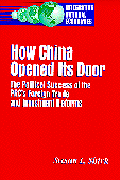

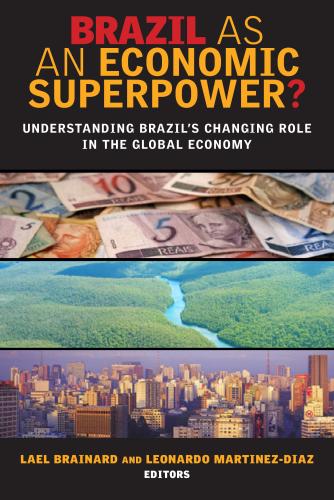
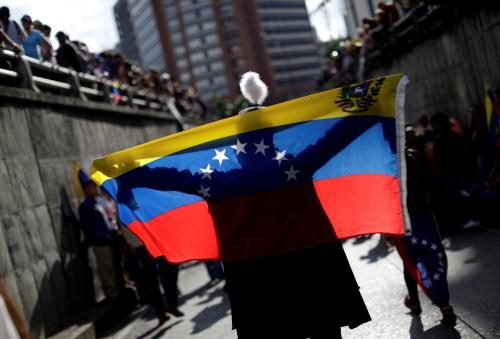
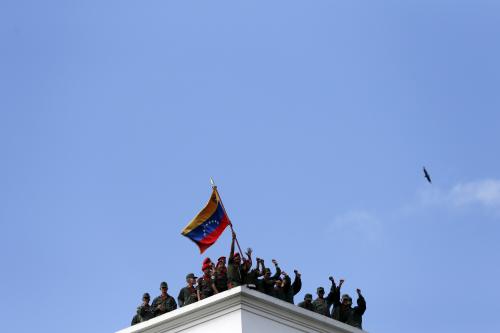
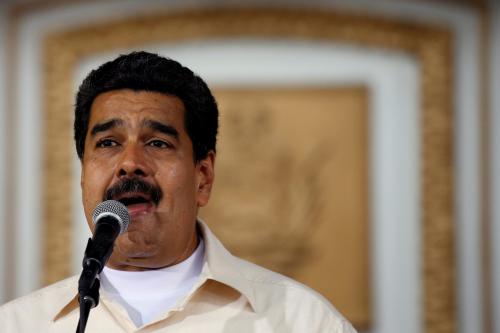




Commentary
Venezuela has two tough options—only one provides hope
July 10, 2017